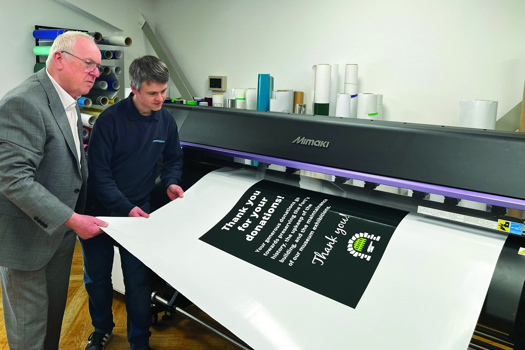Western readers still prefer reading from 'real' books, rather than from e-books or listening to audiobooks, according to a survey by renewable pulp and paper manufacturer Stora Enso.
Nearly two-thirds (65%) of people who buy books, e-books, or audio-books said they like physical books best. One in five (21%) preferred e-books, and just 14% opted for audiobooks.
The survey, which covered the UK, France, Germany, and the US, also found that many people had been spurred into reading more because of the pandemic - an effect particularly notable in the US and UK, where more than two-thirds (70%) said they now read more.
Alongside this rise in demand has come a greater recognition of the industry’s need to decarbonise, according to Lisa Faratro, director of environment and sustainability at book printers the CPI Group.
She told Printweek: “The book industry certainly feels as if it has accelerated its requirement to go green, especially since the lifting of lock down restrictions and ‘business as usual’ returning.
“At this point we are in the data gathering stage, specifically around Scope Three with several industry bodies working together to help create standards and understand carbon emissions at book level, along with the changes that will be needed to reduce these emissions.”
Scope Three emissions measure an organisation’s carbon dioxide (or equivalent) emissions along its entire value chain, including the share of supplier and consumer emissions caused by its activity.
Six in ten (61%) of all respondents, and 70% of younger respondents, said they would pay more at retail for carbon neutral books - a product which, according to Faratro, can only currently be achieved through carbon offsetting.
Amanda Ridout, chair of the Independent Publishers’ Guild’s Sustainability Group, told Printweek that retail price rises may well come if publishers are to decarbonise along their entire value chain.
She said: “It is a live discussion issue with our members.
“We need to ensure that consumers understand the narrative that book prices have risen only 15% over the past 20 years - while inflation has grown by 50%. In addition, if we want to make the supply chain and our products more sustainable - prices will need to increase.”
Ridout added that given the enduring appeal of physical editions, the future is clearly multi-format for the book industry.
“Sustainable physical products are very much part of that.”










